Pranav Agrawal
Bayesian Optimization for Dynamic Pricing and Learning
Oct 14, 2025Abstract:Dynamic pricing is the practice of adjusting the selling price of a product to maximize a firm's revenue by responding to market demand. The literature typically distinguishes between two settings: infinite inventory, where the firm has unlimited stock and time to sell, and finite inventory, where both inventory and selling horizon are limited. In both cases, the central challenge lies in the fact that the demand function -- how sales respond to price -- is unknown and must be learned from data. Traditional approaches often assume a specific parametric form for the demand function, enabling the use of reinforcement learning (RL) to identify near-optimal pricing strategies. However, such assumptions may not hold in real-world scenarios, limiting the applicability of these methods. In this work, we propose a Gaussian Process (GP) based nonparametric approach to dynamic pricing that avoids restrictive modeling assumptions. We treat the demand function as a black-box function of the price and develop pricing algorithms based on Bayesian Optimization (BO) -- a sample-efficient method for optimizing unknown functions. We present BO-based algorithms tailored for both infinite and finite inventory settings and provide regret guarantees for both regimes, thereby quantifying the learning efficiency of our methods. Through extensive experiments, we demonstrate that our BO-based methods outperform several state-of-the-art RL algorithms in terms of revenue, while requiring fewer assumptions and offering greater robustness. This highlights Bayesian Optimization as a powerful and practical tool for dynamic pricing in complex, uncertain environments.
Exploration of Proximity Heuristics in Length Normalization
Jan 05, 2017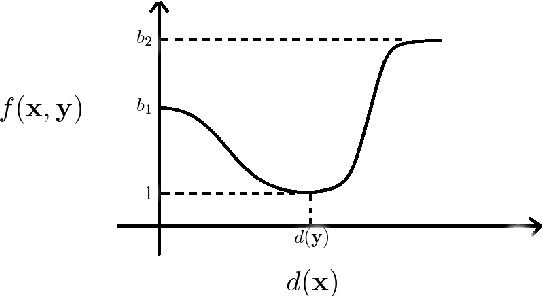
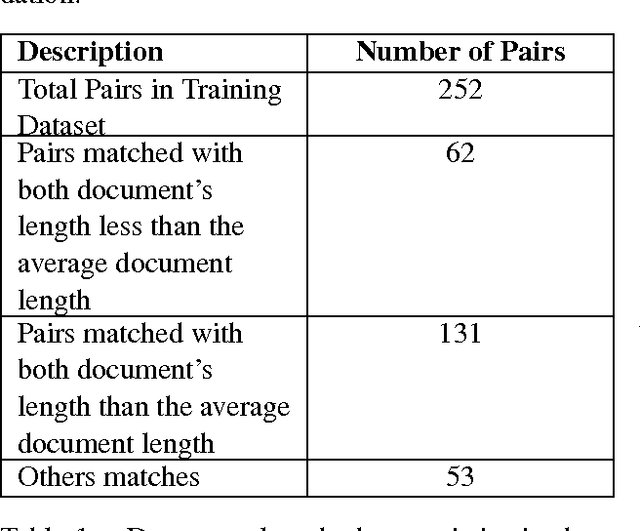
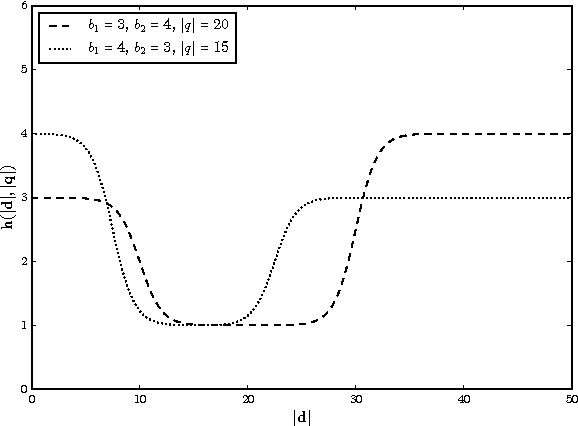
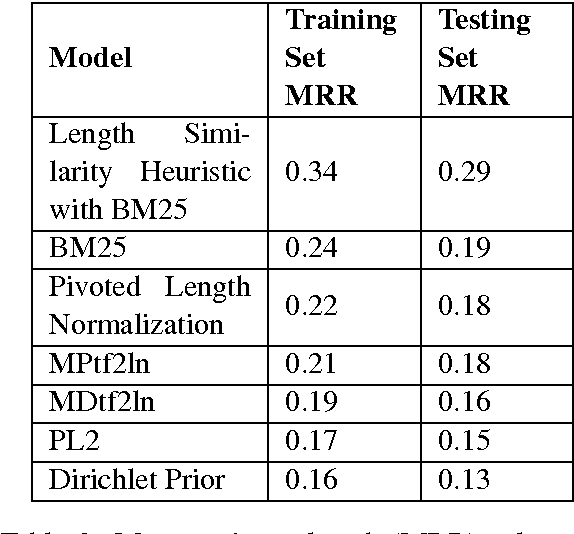
Abstract:Ranking functions used in information retrieval are primarily used in the search engines and they are often adopted for various language processing applications. However, features used in the construction of ranking functions should be analyzed before applying it on a data set. This paper gives guidelines on construction of generalized ranking functions with application-dependent features. The paper prescribes a specific case of a generalized function for recommendation system using feature engineering guidelines on the given data set. The behavior of both generalized and specific functions are studied and implemented on the unstructured textual data. The proximity feature based ranking function has outperformed by 52% from regular BM25.
Habits vs Environment: What really causes asthma?
Jan 20, 2016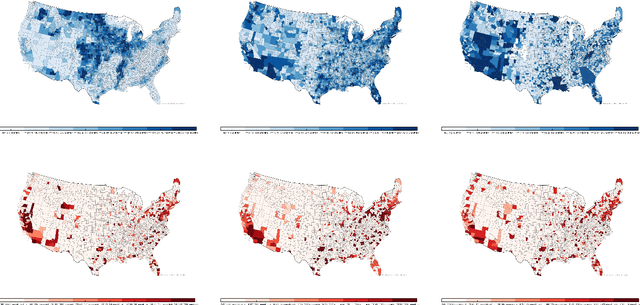

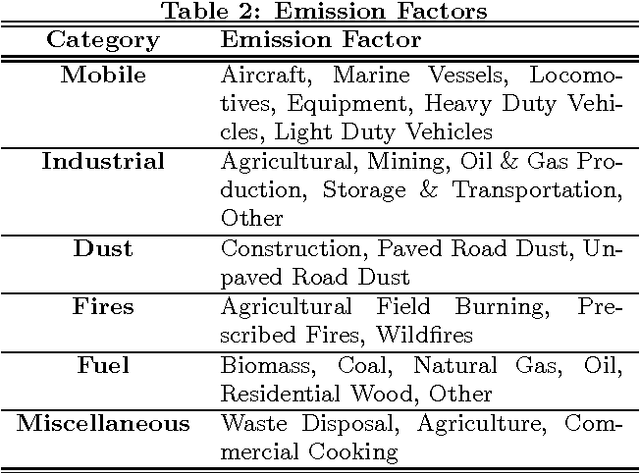
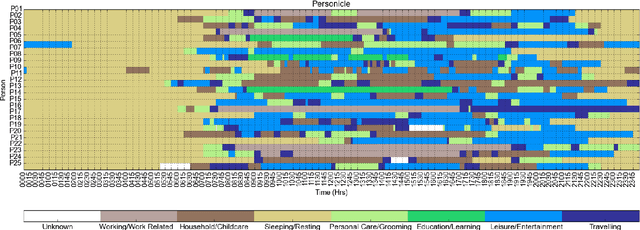
Abstract:Despite considerable number of studies on risk factors for asthma onset, very little is known about their relative importance. To have a full picture of these factors, both categories, personal and environmental data, have to be taken into account simultaneously, which is missing in previous studies. We propose a framework to rank the risk factors from heterogeneous data sources of the two categories. Established on top of EventShop and Personal EventShop, this framework extracts about 400 features, and analyzes them by employing a gradient boosting tree. The features come from sources including personal profile and life-event data, and environmental data on air pollution, weather and PM2.5 emission sources. The top ranked risk factors derived from our framework agree well with the general medical consensus. Thus, our framework is a reliable approach, and the discovered rankings of relative importance of risk factors can provide insights for the prevention of asthma.
 Add to Chrome
Add to Chrome Add to Firefox
Add to Firefox Add to Edge
Add to Edge